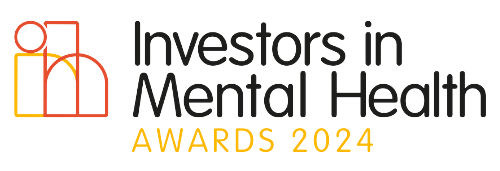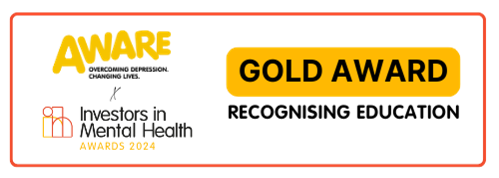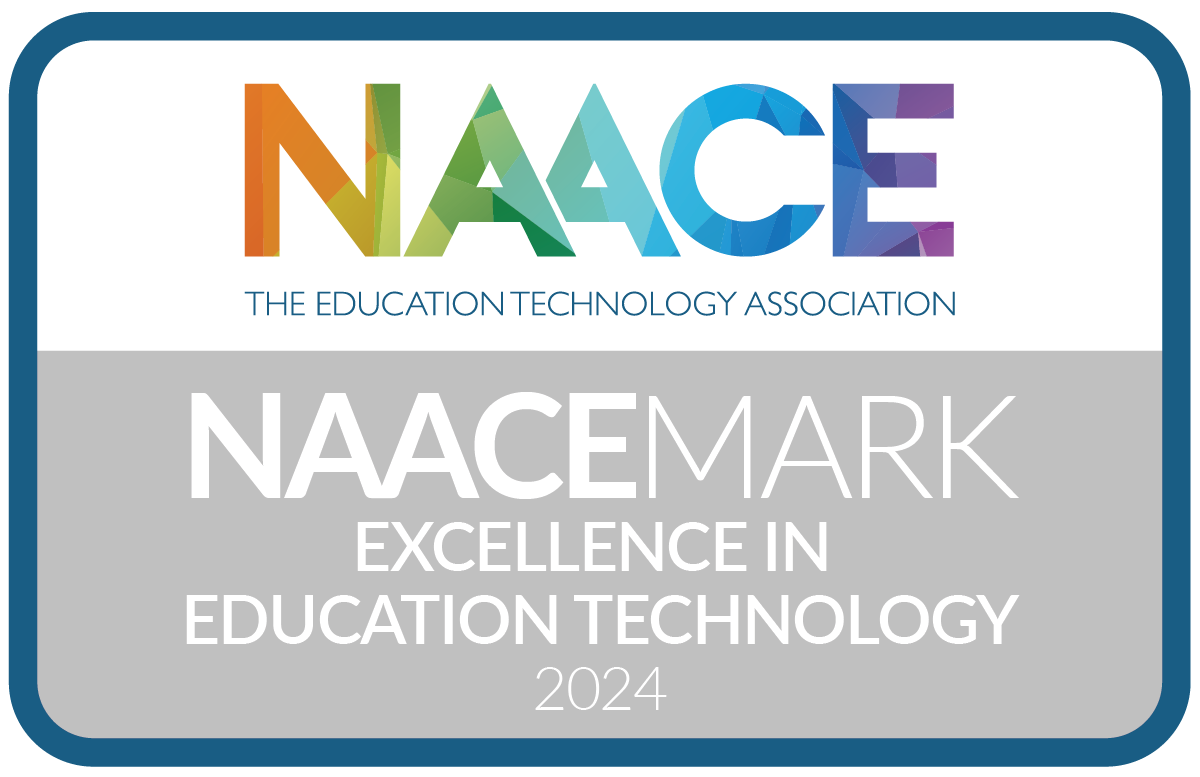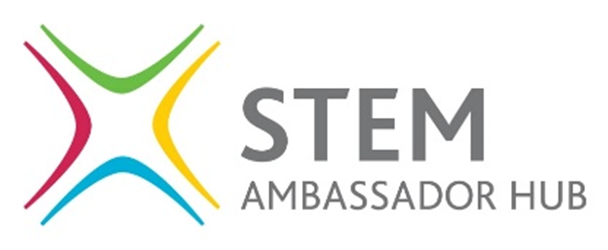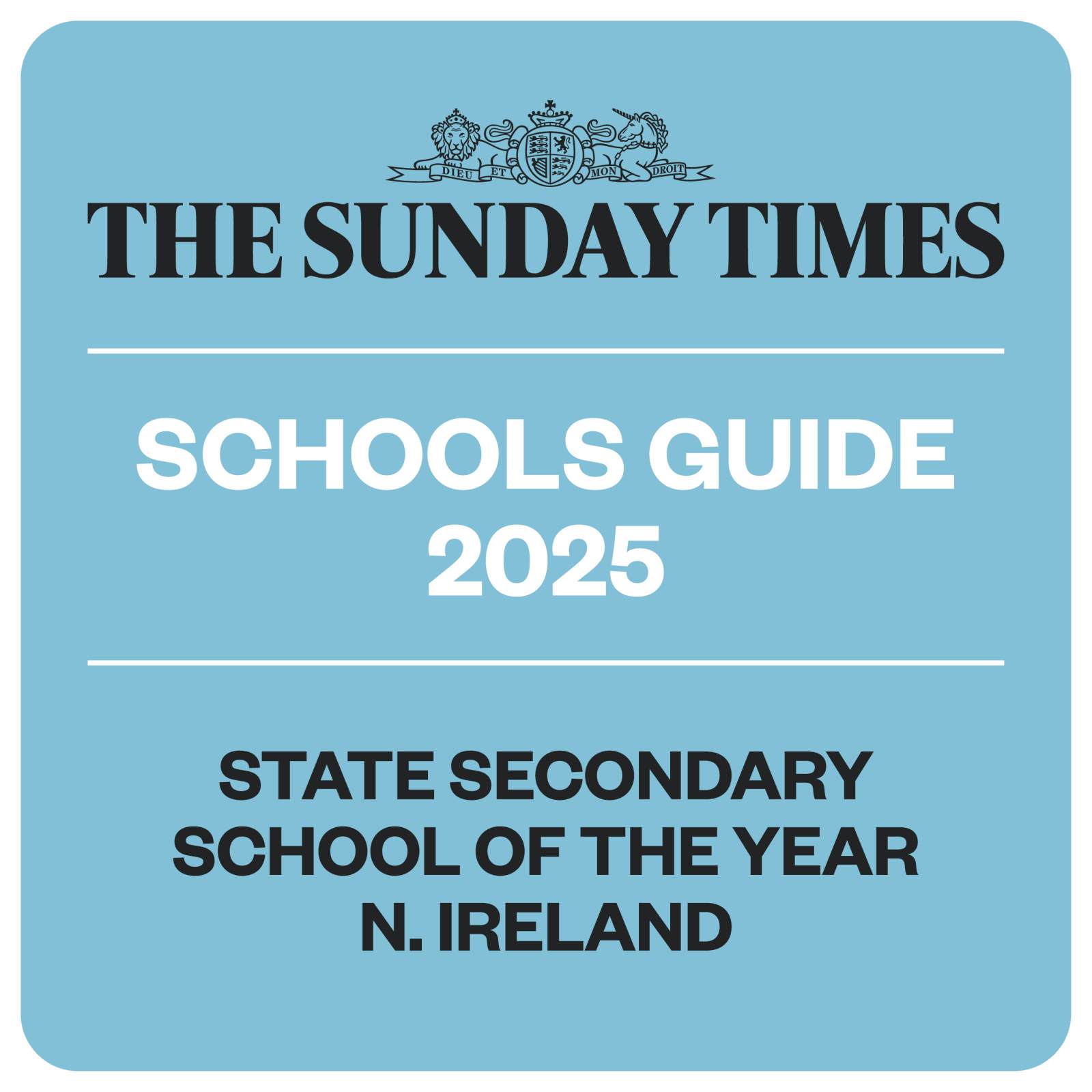Irish
SPECIFIC AIMS OF THE DEPARTMENT
• To develop the ability to use the Irish language for purposes of practical communication.
• To increase the pupils’ sensitivity to the sounds and rhythm of Irish so that they can listen to and interpret other Irish speakers.
• To develop the ability of the pupils to read and understand a variety of texts in Irish for enjoyment and learning.
• To promote confidence and ability to give instructions, state facts and express their opinions in written Irish.
• To develop a sound knowledge of the structures of Irish.
• To encourage positive attitudes to Irish and foster a love of and enthusiasm for the language, which will remain throughout life.
• To promote Irish as a living language.
• To foster links with other Irish speakers and promote contact with Irish language organisations.
• To develop an awareness of the Gaeltacht areas of Ireland and encourage educational visits there.
• To provide a series of progressive short-term targets and to reward success as it is achieved thereby enhancing motivation.
• To promote, as a minimum aim, that each pupil on completing Keystage 3 should be able to sustain a natural conversation meriting the attainment of a silver fáinne.
• To offer insights into and encourage an appreciation of Irish Culture and Literature.
• To promote the learning of Irish as an enjoyable experience.
• To encourage and facilitate the use of Irish as much as possible.
• To remain open to the possibilities of co-operating with other subjects and departments in the curriculum where this is for the benefit of the promotion of Irish Language and Culture.
• To prepare pupils to continue with their studies of Irish or use it in the workplace.
• To make pupils aware of the importance of language with regards to future career choices.
EXAM BOARD
CCEA
OVERVIEW OF KEY STAGE 3 CURRICULUM
- Basic Greetings
- Use of Numbers
- Myself and Others
- School Life
- My House and Area
- Health
- Pastimes and Interests
- Holidays and Travel
- Daily Routine
- Shopping and Food
OVERVIEW OF KEY STAGE 4 CURRICULUM
https://ccea.org.uk/key-stage-4/gcse/subjects/gcse-irish-2017
Context 1:
• Myself, my family, relationships and choices
(for example family and friends)
• Social media and new technology (for example online
communications, computers, tablets and smartphones)
• Free time, leisure and daily routine (for example sports,
hobbies, cinema, TV, music, dance, fashion, eating out,
shopping, at home, at school and at the weekend)
• Culture, customs, festivals and celebrations (for
example Easter, Christmas, birthdays, cultural activities
and events, national holidays, celebrations and cuisine)
Context 2:
• My local area and the wider environment (for example
home, neighbourhood, town or city, places to visit,
region and country)
• Community involvement (for example charity and
voluntary work)
• Social and global issues (for example health, lifestyle,
anti-social behaviour, caring for others and caring for
the environment)
• Travel and tourism (for example holidays, destinations,
transport, tourist information, weather, directions,
accommodation, activities, shopping and eating out)
Context 3:
• My studies and school life (for example school subjects,
uniform, timetable, rules and regulations)
• Extra-curricular activities (for example clubs, societies,
events, trips and visits)
• Part-time jobs and money management (for example
evening work, weekend work and work experience)
• Future plans and career (for example post-16
education, further studies, employment, aspirations
and choices)
OVERVIEW OF KEY STAGE 5 CURRICULUM
https://ccea.org.uk/post-16/gce/subjects/gce-irish-2016
AS level
Relationships
Students have the opportunity to understand and explore these topics/issues in
Irish:
• different family structures;
• roles, responsibilities and relationships within families;
• challenges for families;
• intergenerational issues; and
• influences on young people, for example peers, family and friends.
Culture and Lifestyle
Students have the opportunity to understand and explore these topics/issues in
Irish:
• physical well-being, for example diet or exercise;
• risk-taking behaviour, for example smoking, alcohol and drugs or extreme sports;
• dealing with stress and challenges, for example school or examinations;
• hobbies and interests, for example sport or music;
• the arts, film, fashion and design;
• social media and new technology; and
• holidays, festivals and tourism.
A2
Young People and Society
Students have the opportunity to understand and explore these topics/issues in
Irish:
• part-time jobs;
• education and employment;
• career planning – aspirations and/or intentions;
• young people and democracy;
• European citizenship – advantages, disadvantages and opportunities; and
• societal attitudes and young people.
Our Place in a Changing World
Students have the opportunity to understand and explore these topics/issues in
Irish:
• equality/inequality and discrimination/prejudice;
• poverty at home and abroad – causes, consequences and measures to combat it;
• immigration and emigration – causes, benefits and related issues;
• multicultural society and cultural identity – benefits and challenges;
• causes, consequences and resolution of conflict; and
• sustainable living and environmental issues.
ADDITIONAL INFORMATION
The Irish Department works closely







